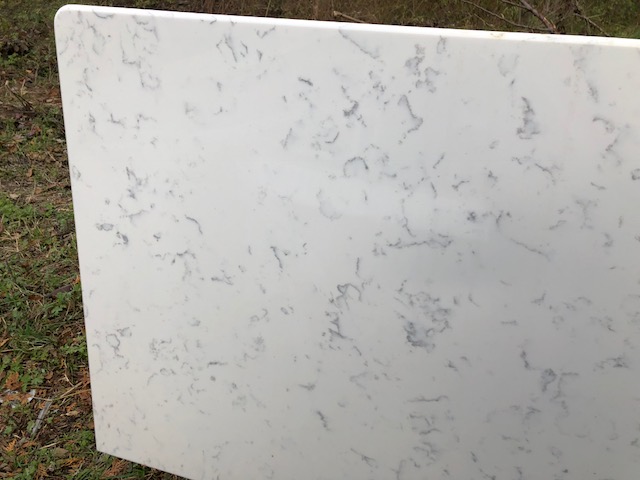Introduction
When it comes to selecting materials for countertops and surfaces, Carrara Quartz and Carrara Marble are two popular choices. While both offer elegance and sophistication, they differ significantly in terms of composition, durability, maintenance, and cost. Let's delve into the details to understand the distinctions between Carrara Quartz and Carrara Marble.
Composition
Carrara Quartz
Carrara Quartz is engineered stone made primarily of quartz crystals (around 90-95%) mixed with resins and pigments. These components are combined under high pressure and temperature to create a durable and non-porous material.
Carrara Marble
Carrara Marble is a natural stone primarily composed of calcium carbonate. It forms through the metamorphism of limestone under intense heat and pressure over thousands of years. Carrara Marble is famous for its white or gray background with distinctive veining patterns.
Durability
Carrara Quartz
Carrara Quartz is highly durable and resistant to scratches, stains, and heat. It is less prone to chipping and cracking compared to Carrara Marble, making it suitable for high-traffic areas like kitchens.
Carrara Marble
Carrara Marble, while elegant, is more susceptible to scratches, staining, and etching from acidic substances like lemon juice or vinegar. It requires regular sealing to maintain its appearance and integrity.

Maintenance
Carrara Quartz
Carrara Quartz is low-maintenance, requiring simple daily cleaning with mild soap and water. Its non-porous surface prevents the growth of bacteria and mold, making it ideal for hygienic environments.
Carrara Marble
Carrara Marble demands more maintenance, including periodic sealing to protect against staining and etching. It's essential to avoid harsh chemicals and acidic substances that can damage its surface.
Cost
Carrara Quartz
Carrara Quartz tends to be more cost-effective than Carrara Marble, making it a budget-friendly option for homeowners seeking the look of marble without the hefty price tag.
Carrara Marble
Carrara Marble is considered a luxury material and is typically more expensive than quartz. The cost can vary depending on factors such as quality, thickness, and availability.
Conclusion
In summary, Carrara Quartz and Carrara Marble offer distinct advantages and considerations. While Carrara Quartz excels in durability, low maintenance, and cost-effectiveness, Carrara Marble boasts unparalleled elegance and natural beauty. Ultimately, the choice between the two will depend on individual preferences, budget constraints, and intended usage.